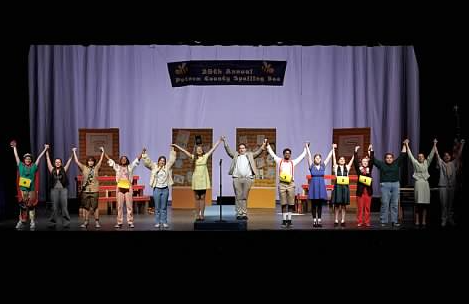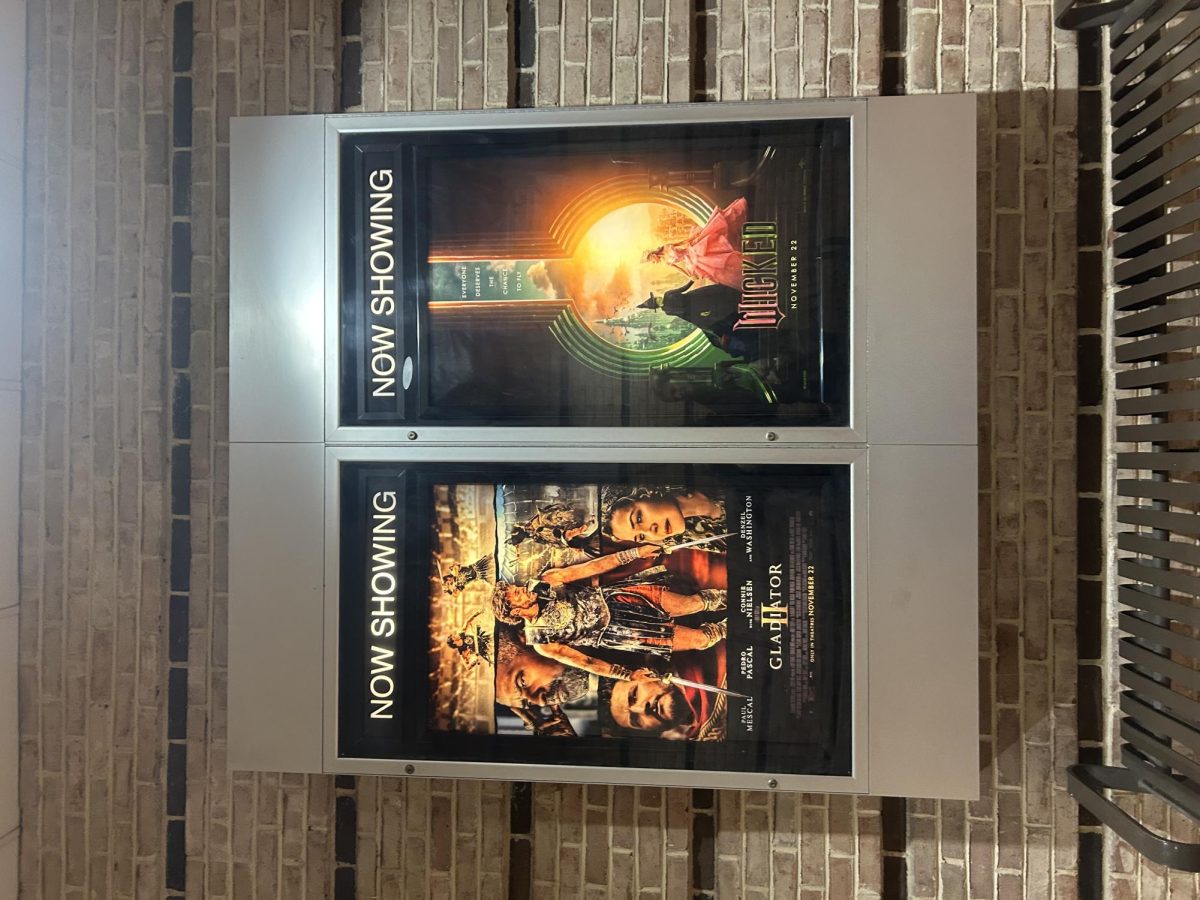By — Danny Kistner
In 2020, the release of Animal Crossing: New Horizons seemed to have been timed perfectly; lockdowns in many states had just begun and the entire world felt shut in their own homes with far more time on their hands than they were expecting. Animal Crossing filled this void, with its constant tasks and goals, with a system of leveling up, and with mock socialization as your friends could visit you through the internet and explore the island you created.
Not days ago, Nintendo celebrated the one-year anniversary of the game at the same time the world was thinking about the one year anniversary of the pandemic, and it begged the question: is New Horizons still relevant now?
In 2020, Animal Crossing: New Horizons was the third best selling game, behind only both the Call of Duty games released that year, and Nintendo’s number one sold game, according to The NPD Group, selling over 31 million copies on the Nintendo Switch. Indeed, in 2021 it still makes the top ten for best-selling videogames.
Its relevance, however, is still something that must be questioned. Why users were drawn to the game originally is no question. It’s relaxing and natural atmosphere on top of simple tasks like chopping down trees or shopping for tools, created a refuge amid a world in total chaos. Customization in decorations and clothing also led to a plethora of aesthetically pleasing images on Twitter and popularity or desire for certain items spurred the creation of Nookazon, where users could pay other users in-game money, called bells, for desired items.
It was as if you were participating in the real world again, shopping and communicating with real people, though the virtual environment kept it safe and Covid-free. Though that’s not to say the game didn’t have its faults.
After so many seasonal updates, the faults in the game became more apparent than the actual fun; crafting certain tools or recipes became tedious, dialogue felt far too stretched out, UI was overly complicated and clunky. And after a few months, it seemed to fall flat off the face of the internet. There was only so much to do, and those who had done it all were beginning to get bored. More than this, quarantine was beginning to take a serious toll in terms of monotony and playing the same video game, which used real time in game, was not helping curve the feeling of each day blending into the next.
Even those waiting since Animal Crossing’s last game found themselves bored by the lack of features or characters and though the aforementioned seasonal updates added many familiar faces or abilities back into the game, it still felt empty. Nevertheless, those hardcore enough (so to speak) to keep at the game have found different reasons to keep playing, whether it be the only means by which they can see their friends, or by starting over completely and setting new goals for themselves.
So, is the game still relevant? For many, yes, it still offers a somewhat wholesome escape, though lacking many quality of life updates that would make the game have far more sped up processes or easier to organize inventories. The point of the game, however, was always meant to be one of slowing down. Of the user taking their time to create something fun and cute or otherwise pleasant to run around in. And slowing down is a reminder that most of us often need, especially in a world as chaotic as this one.






